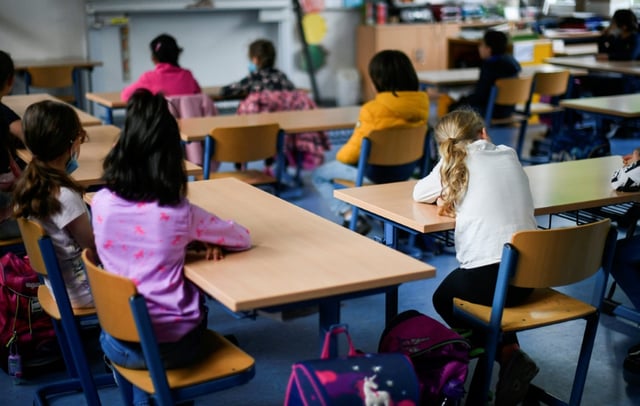Overview
- The study used ReGES panel data from 2016 to 2021 to track German proficiency among 1,097 refugee adolescents across Bavaria, North Rhine-Westphalia, Rhineland-Palatinate and Saxony.
- Participants who began in welcome classes scored lower on German assessments years later than their peers placed directly in regular classrooms.
- Waiting periods of six months or more before enrollment correlated with persistent language deficits due to limited interaction with German-speaking classmates.
- Refugees experiencing legal uncertainty over their asylum status demonstrated weaker German skills, suggesting that precarious residence dampens investment in language learning.
- Researchers recommend streamlining enrollment processes for refugee children and phasing out separate preparatory classes in primary schools to boost integration.



